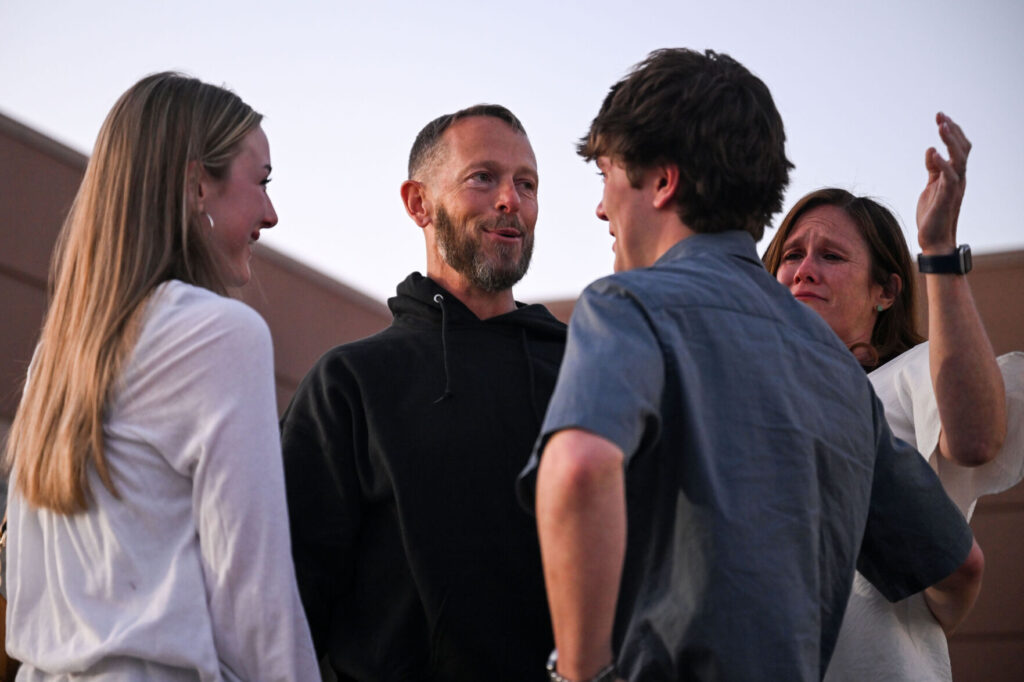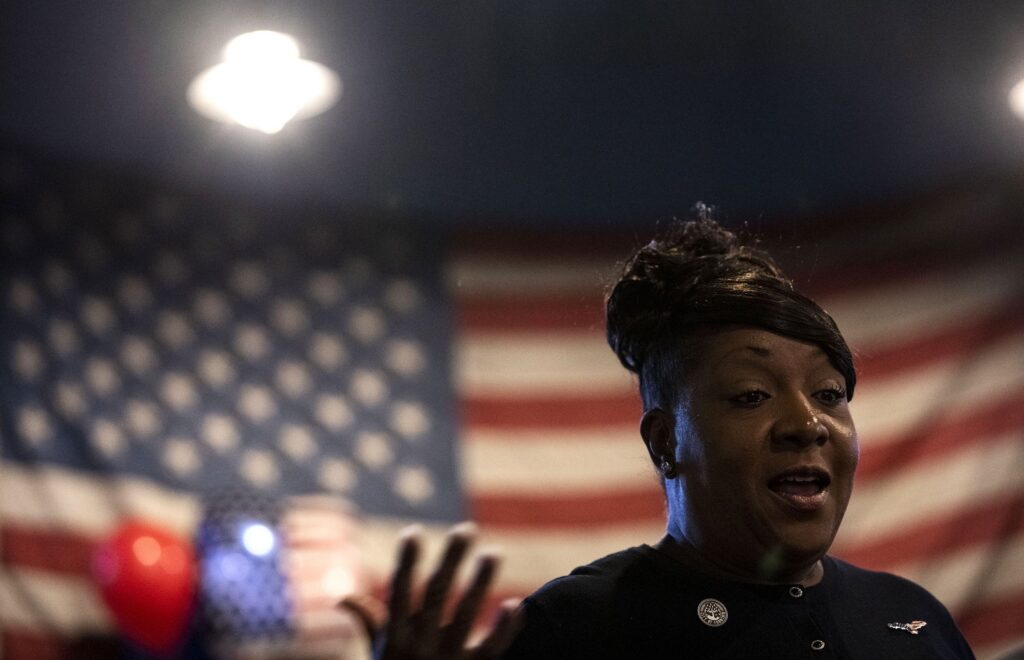COURT CRAWL | Terrorism in the 10th Circuit, in-depth look at self-defense

Welcome to Court Crawl, Colorado Politics’ roundup of news from the third branch of government. The Denver-based U.S. Court of Appeals for the 10th Circuit issued a rare decision weighing in on the constitutionality of a post-9/11 surveillance program, and Colorado Politics took a deeper look at the state’s self-defense laws.
Surveillance and Sixth Amendment converge at 10th Circuit
? It is typical for the 10th Circuit, which hears appeals from Colorado and five other mountain and midwestern states, to issue decisions on prisoner petitions or civil rights cases. It’s unusual for its caseload to include terrorism, and especially the constitutionality of a significant post-9/11 foreign surveillance program. But last week, in a pair of 2-1 decisions, a panel of the appeals court upheld the federal government’s Section 702 surveillance, which enables intelligence services to monitor non-American targets abroad even if doing so sweeps up the communications of people in the United States in the process.
? Uzbekistani refugees Jamshid Muhtorov and Bakhtiyor Jumaev were arrested in 2012 for attempting to provide support to a designated foreign terrorist organization (by, among other things, donating a $300 check to the group). Muhtorov challenged the government’s use of Section 702 data to initiate targeted surveillance of him, as well as the mechanism for judges to approve the broad collection of data under Section 702. Both claims withstood the 10th Circuit’s scrutiny.
? The men also challenged their convictions based on the Sixth Amendment’s guarantee of a speedy trial. They both waited six-and-a-half years until ultimately being tried and convicted in Colorado. The panel’s majority – consisting of one Obama appointee and one Trump appointee – found that delay extreme, but ultimately decided the government was trying in good faith to provide translations of the defendants’ communications.
? But Senior Judge Carlos F. Lucero, a Clinton administration appointee, would have reversed the convictions for a Sixth Amendment violation: “Surely the government, in bringing cases of this type, must be prepared to direct the resources necessary to comply with its constitutional obligations. Some delay is acceptable. Close to 55 months to provide constitutionally mandated discovery is not,” he wrote.

Eye on self-defense
? Following last month’s verdict in the trial of Kyle Rittenhouse, the teenager who killed two people and wounded a third on the streets of Kenosha, Wisc. last summer, Colorado Politics examined Colorado’s own self-defense laws. Colorado has a longstanding requirement that there is no duty to retreat before using force, including deadly force, in self-defense. Not only that, but use of deadly force in the home has an even stronger protection through the state’s “Make My Day” law. Here is an excerpt from this week’s cover story:
Make My Day provides that residents have a right to expect “absolute safety” in their homes and can therefore use “any degree of physical force, including deadly physical force” when an unlawful intruder is committing or may commit a crime. The law goes far beyond giving home occupants a defense if they use force – it grants up-front immunity from civil liability or criminal prosecution, as long as they reasonably believe the intruder may use force, “however slight.”
Prosecutors had negotiated that language with the sponsors, believing they were merely writing into law the practice of not charging homeowners who shot intruders in the middle of the night, which was the scenario most discussed in the legislature.
In practice, it is a different story.
Researcher William Wilbanks examined the first 23 cases under Colorado’s Make My Day law. The circumstances involved disputes between friends, police altercations, love triangles and drug deals. None of them involved a midnight break-in. The state’s prosecutors had, in fact, unwittingly bestowed immunity upon a range of deadly encounters.
The cases began piling up: A man went uncharged in El Paso County after stabbing a former friend 32 times in his apartment. A district court dismissed the assault charge against an Idaho Springs man who beat up an officer who was attempting to retrieve a baby, all the while saying, “You’re in my house and I can do whatever I want to you.”
SCOTUS update
? Attorney General Phil Weiser is urging the U.S. Supreme Court to not review the 10th Circuit’s decision in the case of Lorie Smith, a Christian web designer who seeks to create wedding websites – but not for same-sex couples. In a controversial 2-1 decision, the 10th Circuit found that Colorado’s anti-discrimination law could compel Smith to create content that violates her religious beliefs. Weiser told the Court, among other things, that Smith’s was not the appropriate case to pick up where another SCOTUS decision from Colorado, Masterpiece Cakeshop, left off in 2018.
? The Supreme Court also declined to halt a Texas law restricting abortion access, while letting challenges play out at the lower-court level.
Appeals court rulings
? The Colorado Court of Appeals determined an El Paso County judge was wrong to let a woman serve on a jury after she indicated she would hold the defendant’s decision – and constitutional right – not to testify against him.
? Although a former University of Colorado student said the elected regents overlooked information in his favor when they decided to revoke his master’s degree for plagiarism, the Court of Appeals said that wasn’t the standard. There only had to be evidence supporting the regents’ decision, which there was.
Miscellaneous decisions
? The Colorado Supreme Court is considering whether to again declare as unconstitutional a portion of the state’s law against harassment, possibly letting the legislature take another run at crafting language that is not overly broad and vague.
? Colorado’s two senators have introduced a bill to give the state three more federal trial court judges, after nearly four decades without expanding the bench.
? El Paso County had defended its decision to house a transgender detainee in the men’s unit, until the day before it was scheduled to appear in court to argue against an injunction. The county decided to grant the inmate’s request to treat her as a female detainee.














